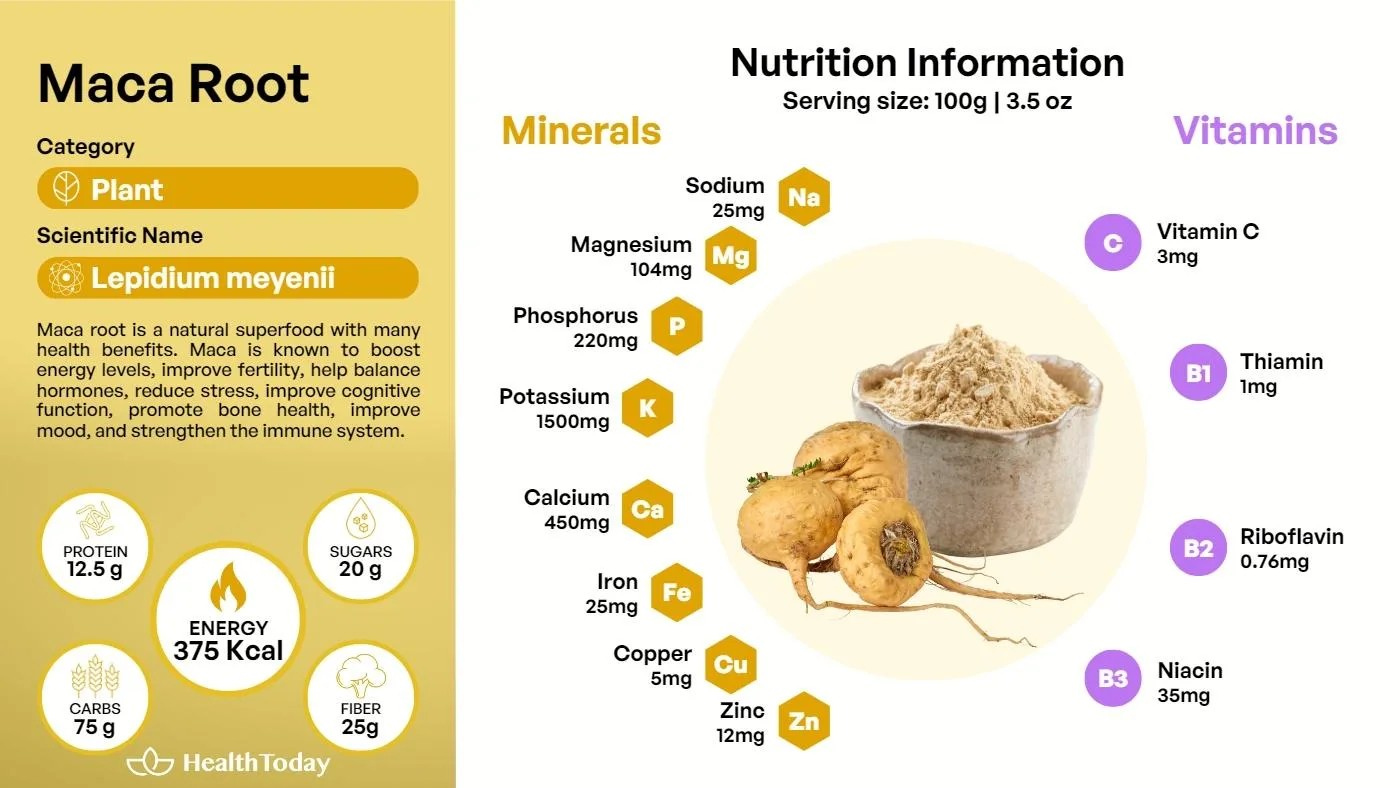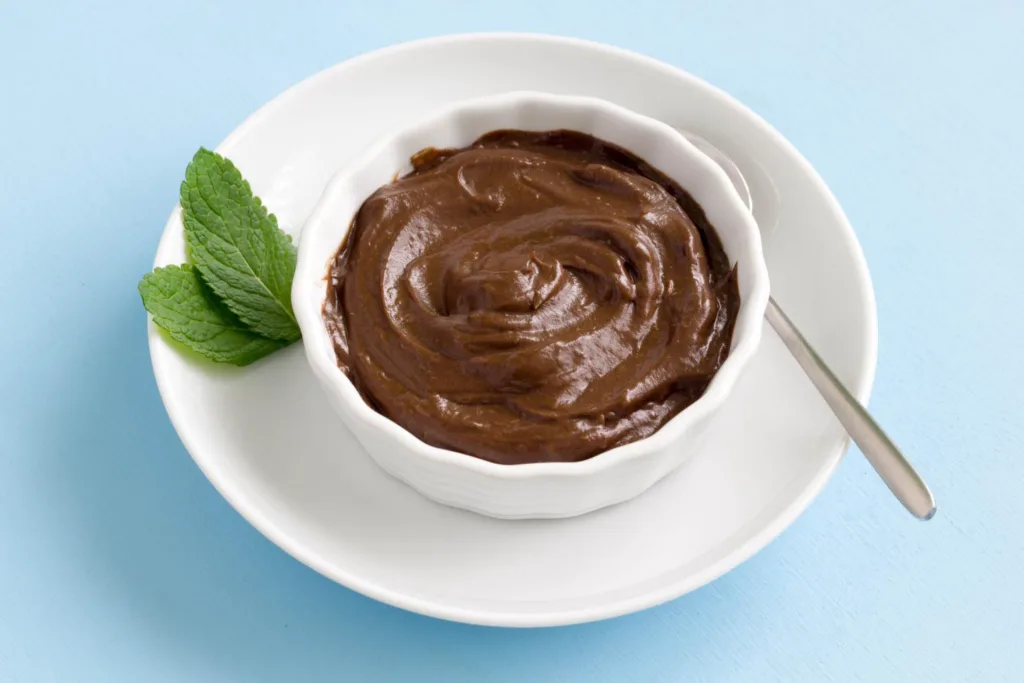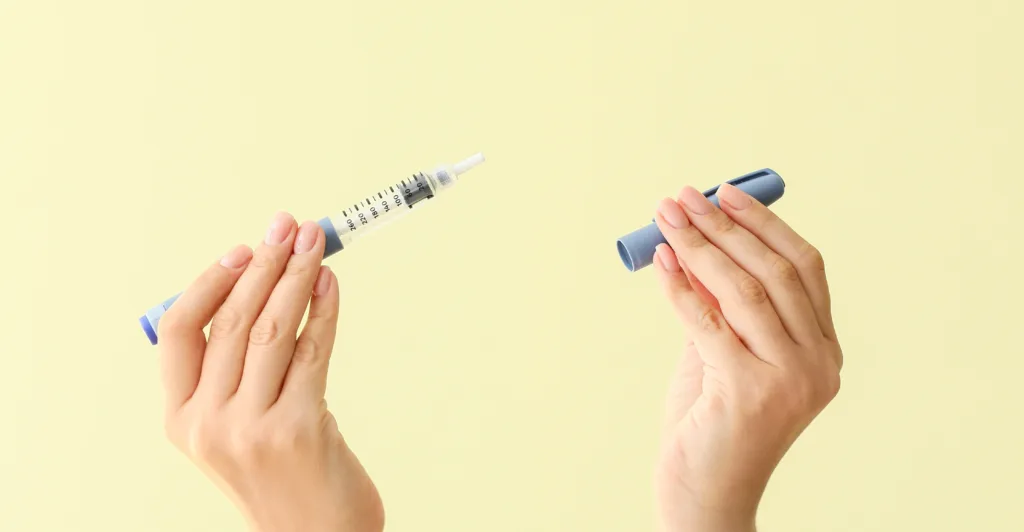Table of Contents
Maca root is considered an ancient superfood. There are many surprising and beneficial things to know about the maca plant. It is thought to improve sexual health, balance hormones, and even increase energy.
We take a look at how you can uplift your day and improve your nutrition by including maca powder or maca extract in your diet. Read on so next time you will know if maca is the best thing for you.
What is maca or Lepidium meyenii?
Maca, or so-called Lepidium meyenii, is a root vegetable with human consumption dating back 2000 years. It’s actually a relative of the turnip and radish, but more surprisingly, a cruciferous vegetable like cabbage and kale (1).
You may also know it as Peruvian Ginseng, where it is traditionally grown. Both the roots and leaves of maca are nutritionally dense, with various potential health benefits.
Maca can often be bought in health food stores. The most popular maca supplements are dried root, often in powder or capsule form. You can also get maca extract in liquid form.
Potential benefits of maca root

Nutritional values for any 100g of dry maca root can vary a lot depending on the growth area, production methods, and species. However, these are approximate values for macronutrients:
- Carbohydrates: 46 – 74%
- Fiber: 15.60 – 26.0%
- Protein: 9.56 – 21.90%
- Lipids: 0.59 – 2.2%
- Minerals: Varies between species
From these macro-nutritional values, various benefits can be derived. Fiber aids in digestion (2), while essential amino acids from protein maintain bodily functions (3).
Omega 3 polyunsaturated fatty acids help cancer-associated symptoms (27) and also improve brain and vision function (28, 29).
Apart from these nutritional values, studies have found 160 active compounds in maca root. These are a few of them (5):
- Non-starchy polysaccharides: Anti-fatigue
- Polyphenols: Anti-oxidation
- Glucosinolates: Anti-cancer
- Macaenes, macamides, alkaloids: Neural-protection
- Phytochemicals: Anti-depression and cognitive function
Maca root in folk medicine
People in Peru and the Andes Mountains traditionally consume maca as a food supplement to enhance both animal and human health and vitality. Maca is well known for its folk medicinal properties and ability to (1):
- Improve sexual desire and fertility
- Reduce sexual dysfunction
- Help memory impairment and learning
- Improve mood
- Manage stress
- Increased bone density
- Boost energy levels
Modern science and the benefits of maca root
In recent years, scientific studies have been confirming much of the ancient folk wisdom around the maca plant. Many more exciting properties have surfaced, but more research is needed.
Find out what has been discovered so far:
Improve bone health
Traditional uses of maca include increased bone density (1). In terms of osteoporosis, studies into the maca supplementation with Reparagen, containing maca and cat’s claw bark extract, have shown a significant positive effect (30).
Stress management
Traditional cultures well-understood maca root’s ability to manage stress (14). Modern scientific evidence is starting to realize maca root’s ability to improve psychological states, help deal with stress, and boost energy (18).
Aids depression
Two studies on maca supplements in postmenopausal women with anxiety and depression have shown encouraging results. Both found that maca root was associated with reduced self-reported symptoms (8, 16). Some animal studies show positive antidepressant-like effects, but clinical trials are yet to confirm this (17).
Boost mood and energy
In one study, 175 people living at both low and high altitudes were asked to consume maca. They ingested either 3 grams of red or black maca per day or a placebo for 12 weeks.
There was a positive association for both mood and energy scores from consuming maca (18). Interestingly, black maca, which is higher in fatty acids, also reduced blood glucose levels. Red maca, richer than Gaba, had better mood and energy scores.
Maca root for sexual function in women
Most human studies of maca root have been done on healthy people. However, a 10-month double-blind controlled study was done on a group of 17 women and 3 men (15). All had severe depressive disorder (MDD) and were on a stable dose of antidepressants.
After 10 months, the results showed a significant improvement in libido and sexual function in individuals taking 3.0 g/day of maca route compared to those only taking 1.5. g/day. Furthermore, since 85% of the study were women, this suggests maca root could be used for managing sexual dysfunction caused by antidepressants in women.
Another study confirmed that maca may reduce anxiety and depression in postmenopausal women (16). A small study of consuming maca over a 9-month period found an association with decreased discomfort reported in menopausal symptoms (17).
Maca root for sexual function in men
Studies on maca root in male fertility and sexual health are mixed. A few double-blind controlled studies do reveal potential health benefits for improving sexual desire over a 12-week period (18).
A similar study was done on sperm quality in 69 patients with reduced sperm motility and low sperm count. It was a 12-week study using 2 g of maca per day. Sperm concentration significantly improved, but there was no impact on semen volume, physical quality of sperm, or mobility (19).
Despite maca’s wide use in folk medicine for improving sexual function, scientific evidence is inconclusive. More research is needed on a larger number of human subjects. However, evidence suggests taking maca may help with libido and mild erectile dysfunction.
Medical precautions
One study suggested that taking maca in high doses of 0.6 g per day slightly increased the liver enzyme AST levels—an indicator of liver damage (23).
Also, high doses of maca raised diastolic blood pressure (23). If your diastolic blood pressure is over 80 mmHg, you’re at risk of hypertension.
Pregnant women and children would best avoid taking maca since there is very little scientific evidence on how it may affect them.
Toxicity and safety
Despite widely known and traditional benefits, there is not enough reliable information on maca’s toxicity and safety.
Yet, consuming no more than 3 g of maca a day is believed to be well-tolerated in humans (19). It’s also better to use different parts of the plant to avoid any toxic overload (25).
Traditional peoples from the Peruvian highlands recommend boiling maca root for better safety and efficacy (1). This may also help improve the absorption and activation of bioactive ingredients (26).
Is it good to take maca root every day?
As a food and supplement, 3 g a day (less than a teaspoon) of maca root is considered safe and beneficial for up to 4 months. There are no studies regarding its safety or efficacy for pregnant women and children or people with liver disease.
What happens if you take too much maca?
Despite its many health benefits, consuming more than 3 g of maca root powder per day may increase the risk of liver damage and hypertension.
Does maca affect blood pressure?
In limited studies, black maca root has been shown to reduce blood pressure as long as you consume no more than 3 g per day.
How does maca powder affect mood?
Studies have found that taking maca can affect people’s moods and energy. Up to 3 g of red or black maca powder per day for 12 weeks is recommended. Furthermore, maca root powder may help fight depression and reduce stress.
How much maca should a woman take?
Traditionally, maca root is believed to ease psychological stress and sexual dysfunction in postmenopausal women. Also, it may reduce the discomfort in female menopause. No more than 3 grams of maca root powder a day is considered safe for both women and men.
Summary
Despite maca’s wide use in folk medicine for improving sexual function, scientific evidence is inconclusive. More research is needed on a larger number of human subjects. However, evidence suggests taking maca may help with libido and mild erectile dysfunction.

















Comments
0